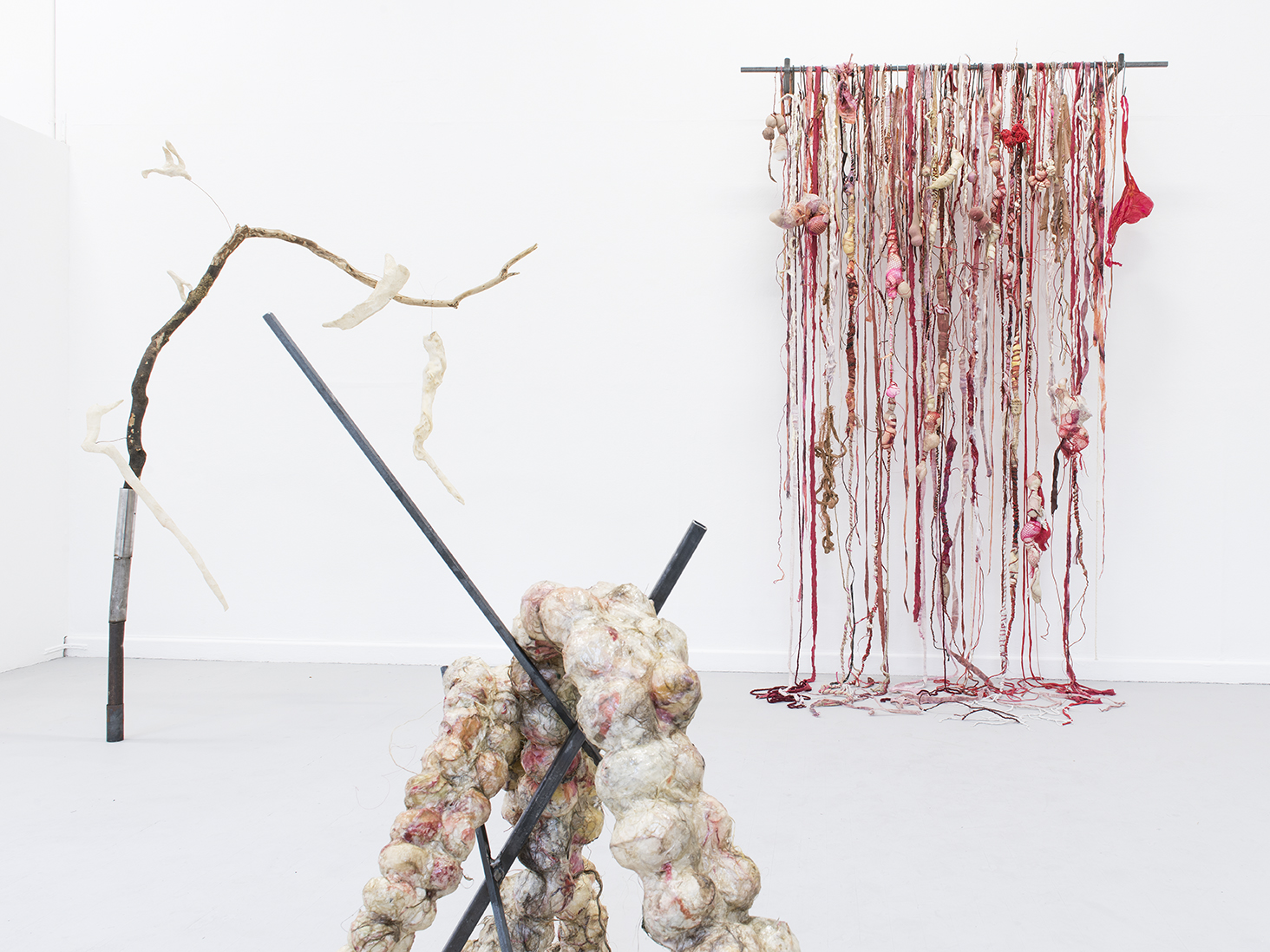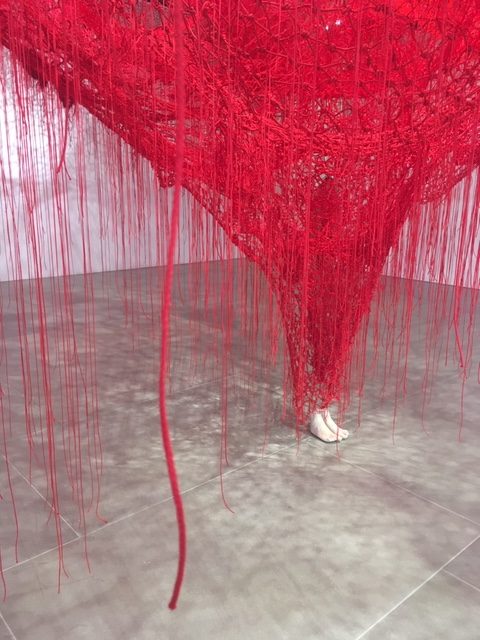I’m excited to be mulling over ideas for a residency culminating in a solo exhibition in the basement cells at Town Hall Arts, Trowbridge, in the Spring. Alongside the show, I'll be delivering some related workshops with the young and elderly. I am also in early stages of organising a joint art project and exhibition with Luminara Star and the Rubbish Art Project in Shepton Prison (the oldest UK working prison - now vacant until it gets developed into residential homes). The cells are still in tact. Both sites are unique, intriguing spaces for site-specific work, full of dark, sad histories, appropriate for creative responses to current society and environmental issues. On a sunny day, light through the windows, steel bars and grids casts dramatic linear shadows. The prison, now silent, has great acoustics - one can only imagine the sounds of its past. We hope to include other artists, possibly sound, film, performance and installation and will engage the community in the making process.
A recent tweet about a bull elephant being shot because it broke out of its fenced enclosure in South Africa made me fume. Almost as bad as poaching and trophy hunting. It turns out they did not maintain the fences adequately, and all he was doing was naturally pushing boundaries, exploring, roaming beyond barriers – human imposed after all. Why shoot him? Because he wasn’t towing the line we impose for our own humancentric logic.
Inky the Octopus, a hero in 2016, broke out of his aquarium tank in New Zealand National Aquarium, slid/crawled across the floor and down a drainpipe to the ocean. Amazing intelligence and agility, but as this article points out, for many reasons beyond our own intelligence. Octopuses are so very different to us – ‘aliens’ apparently. What’s fascinating is that ‘octopus literature is full of such flights to freedom’. The escape and how he did it remains a mystery. I was in awe watching an octopus in David Attenborough’s Blue Planet (Green Seas episode) trick a shark and escape by very cunningly and swiftly covering itself with a coat of shells. Picasso and his contemporaries were intrigued by ‘The Octopus’, 1928, a film by Jean Painleve, which led to Picasso's octopus-like women. Octopuses also remind me of the interconnectedness of life:
‘The tentacular are... fingery beings like humans... squid, jellyfish, neural extravaganzas, fibrous entities, flagellated beings... swelling roots... The tentacular are also nets and networks... Tentacularity is about life lived along lines... a series of interlaced trails’ (Donna Haraway, 2016)
So, this creature – a symbol of our great and mysterious oceans- inspired my design for a giant octopus lantern to lead 2018 Shepton Lantern Parade (see top). I am making the chicken-wire structure, then working on it with the community and the Rubbish art project in workshops at the Art Bank,Shepton Mallet, using recycled materials, especially plastic. Workshop dates: Sat 24 Nov 11am-1pm, Mon 26 11-1, Mon 3 Dec 7-9pm, Thur 6 Dec 4-6pm + more... To take part in a workshop email lucy@therubbishartproject.co.uk The Octopus will be lit by led lights and paraded on 22 December with the Shepton Lantern Parade. Please come along!
Creature and environmental concerns continue to engage me, as does the blurring of boundaries. My thoughts are currently meandering around concepts of confinement, caged animals/humans, factory farming, obstruction, barriers, walls within walls.. and I'm sure there will be an element of the tentacular.
Other news:
I received the official results of my Masters in Fine Art this week and delighted to have passed with distinction!
In between tidying up my studio so it's fit for purpose, I've started working on a 1 metre Great Crested Newt as a commission for Carymoor Environmental Centre in memory of Hamish Craig, whose amazing contribution to Carymoor was instigated by great crested newts found there.


















